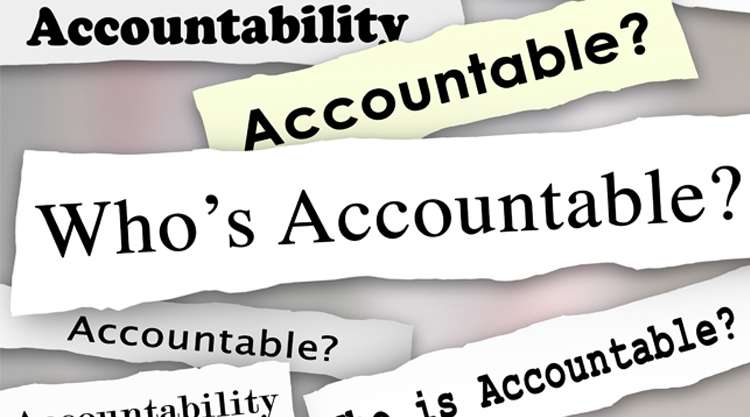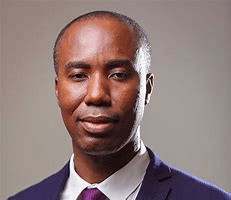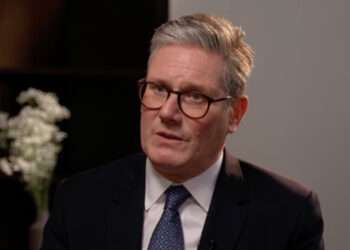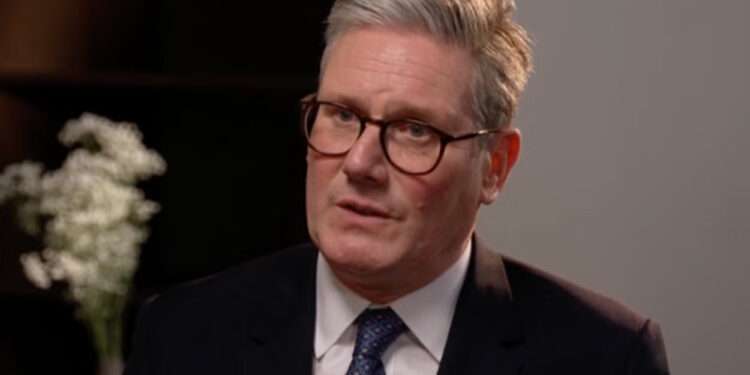Lawyer and political activist Oliver Barker-Vormawor has waded into the ongoing controversy surrounding the alleged misuse of national security funds, taking aim at what he described as a baffling and suspicious defense strategy by former National Signals Bureau (NSB) boss, Kwabena Adu-Boahene.
According to Barker-Vormawor, Adu-Boahene’s decision to withhold sensitive information during interrogation on the grounds that it was classified—only to later release the same information publicly through his lawyers—raises serious concerns.
His bewilderment is palpable: What exactly are Ghanaians, who lack security clearance, expected to do with such sensitive disclosures?
This, in Barker-Vormawor’s view, is more than just a legal misstep—it’s a calculated move.
“You [Adu Boahene] couldn’t say as much at any point, not even during the periods you were on bail. You didn’t go to see the National Security Coordinator and flag the risk of national security disclosures. You didn’t seek audience with the AGs through your lawyers, and say that ‘careful, the BNC is actually a covert vehicle?’. Really? I know a red herring when I see one.”
Oliver Barker-Vormawor
Despite the questionable timing of the disclosures, Barker-Vormawor did not entirely rule out the credibility of the former official’s revelations.
He maintained that if the described operations are indeed legitimate, they warrant a thorough and independent investigation.
The release of such sensitive information by a former security chief presents a rare chance to examine the often hidden mechanisms of state security.
According to Barker-Vormawor, it allows the public an unusual glimpse into how national security funds might be legitimately deployed—or potentially misappropriated—under the guise of secrecy.

However, this is where, according to him, the real danger lies. Adu-Boahene may be banking on the plausibility of these national security operations to shift public perception.
Barker-Vormawor pointed out that by laying out a series of seemingly authentic covert activities, Adu Boahene subtly suggests that the money he is accused of embezzling was spent on state-sanctioned missions—not on personal enrichment.
However, Barker-Vormawor doesn’t buy it. He insisted that “ there is absolutely no evidence that the monies allegedly embezzled and the monies used for these possibly true activities are the same.”
This, he argued, is a key distinction that the public must not lose sight of. It is not enough to paint a picture of covert activity; there must be a direct, traceable link between the disbursements and the expenses.
Accountability Demanded for National Security Funds
Oliver Barker-Vormawor further criticized the defense’s assertion that Adu-Boahene is protected by immunity under the State and Intelligence Agencies Act.

To him, this claim is not only unfounded but dangerously close to an attempt at leveraging classified status to evade accountability.
He warned that such arguments risk crossing the line from legal defense into coercive maneuvering when criminal allegations are involved.
He also expressed concern that disclosing sensitive information without justification could expose the former official to even greater legal consequences.
“A former Security Czar must have the maturity and emotional intelligence to avoid playing to the gallery in highly contentious security matters. Not even when your life is in peril.
“For his sake, I hope sincerely that these accounts match disbursements claimed. Because even covert special-purpose vehicles require approval and can be audited. Anything short is illegal and criminal.”
Oliver Barker-Vormawor

He stressed that Ghana’s national security architecture, though necessarily discreet, must never operate as an untraceable “black hole.” While covert operations often require confidentiality to protect national interests, this secrecy should not serve as a shield against oversight.
According to Barker-Vormawor, even the most sensitive expenditures must fall within the framework of accountability.
He argued that public funds, regardless of whether they are routed through intelligence agencies or special operations budgets, must be subject to audit by authorized state institutions with the requisite security clearance.
Anything less, he suggested, risks undermining democratic governance and enabling impunity under the guise of national security.
Meanwhile, this moment presents an opportunity for Ghana to prove that no official is above the law, and that no sector—no matter how shrouded in secrecy—is immune to scrutiny.
It is a defining test for a country seeking to rebuild public confidence in both its institutions and its democratic integrity.
READ ALSO: CalBank and Ecobank Among Top Traded Stocks as GSE Sees Bullish Trend



















